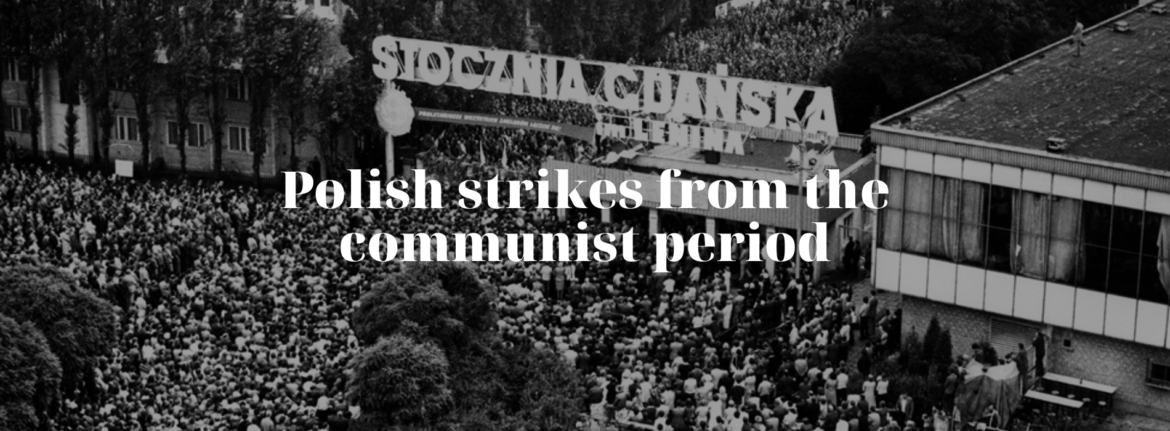The history of strikes in the Polish People’s Republic (PRL) is a narrative of persistent resistance against the communist regime by the working class. These strikes, often erupting in response to economic hardships and political repression, played a pivotal role in shaping Poland’s journey towards democracy.
The 1970s: Uprisings and Repercussions
In December 1970, strikes and demonstrations broke out in northern Poland, particularly in cities like Gdańsk, Szczecin, and Gdynia, following the government’s sudden increase in food prices. These protests were met with brutal force, resulting in deaths and injuries. The severity of the government’s response led to the resignation of First Secretary Władysław Gomułka, replaced by Edward Gierek. The Szczecin protests were particularly intense, with significant clashes and a high casualty rate.
The 1980s: Solidarity and the Rise of a Movement
A significant moment in the history of strikes in the PRL came in 1980, marked by the emergence of the Solidarność (Solidarity) movement, the first independent trade union in the Soviet bloc. This movement began with the strike at the Lenin Shipyard in Gdańsk, led by Lech Wałęsa. The workers’ demands included the right to form independent trade unions, free speech, the release of political prisoners, and economic reforms. The Gdańsk Agreement in August 1980 was a pivotal moment, acknowledging some of these demands and exposing the state’s corruption and negligence.
The transformation of Solidarność from a trade union into a national social movement was extraordinary. At its peak, it included about 10 million members from various social groups. The movement utilized peaceful protest methods, including strikes and mass rallies, to push for reforms. However, the communist government’s reluctance to negotiate and the deteriorating economy led to increasing tensions.
Martial Law and the Suppression of Solidarity
The situation escalated by the end of 1981, leading to the imposition of martial law on December 13, 1981. This drastic measure resulted in the arrest of thousands, including Solidarity leaders, and a temporary halt to the movement. The introduction of martial law was a response to the growing influence and threat posed by Solidarity to the communist regime in Poland.
The Late 1980s: Renewed Struggles
The strikes in Poland resumed in the late 1980s, with significant movements in 1988. These strikes were widespread, involving numerous coal mines and other industrial sectors. They were driven by a combination of political and economic frustrations. Despite efforts to quash these movements, they eventually led to negotiations between the government and Solidarity, paving the way for Poland’s transition to democracy.
The strikes in the Polish People’s Republic, especially those led by Solidarity, were crucial in the downfall of communism in Poland. They not only challenged the economic and political status quo but also inspired similar movements across the Eastern Bloc. These events represent a critical phase in Polish history, highlighting the power of collective action and peaceful resistance in the face of authoritarian rule.
